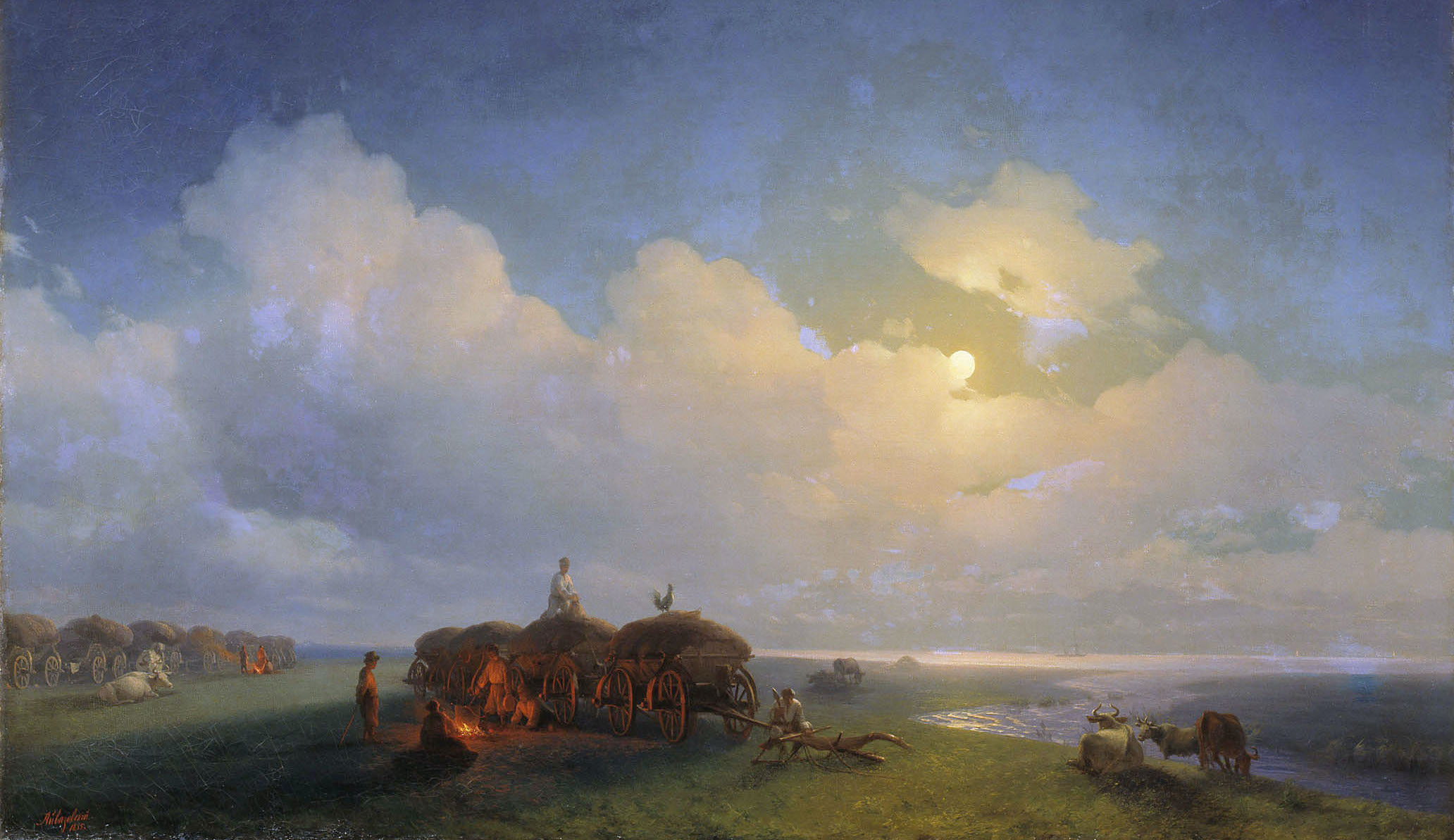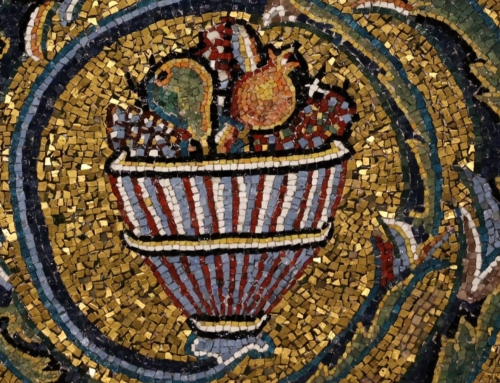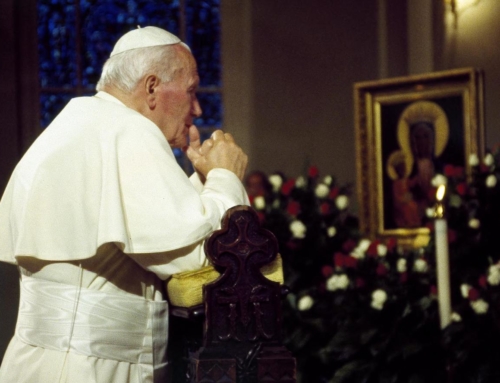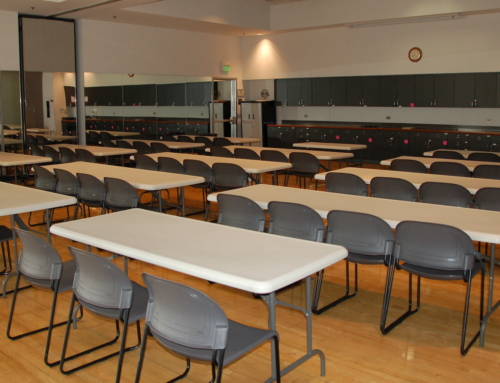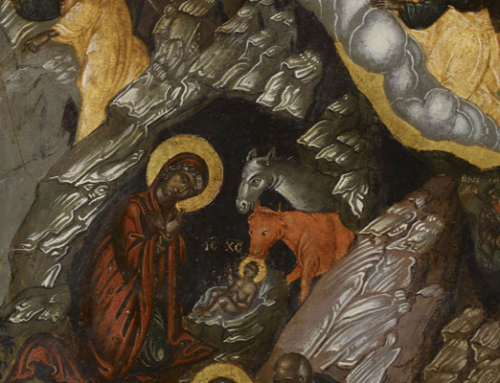“We have so much time and so little to do!”
“Strike that! Reverse it!” So says Willy Wonka.
We always seem to be busy with so little time and so much to do. There always seems to be a list of tasks a mile long. Tasks get added to that list faster than we can complete them. Many of these tasks became impossible during the height of COVID. Locked down with nowhere to go and no one to see, some of us had free time for the first time since we were children.
As restrictions from the pandemic have loosened we may be thinking, “What a relief to be busy again!” We no longer have to figure out what to do when there is nothing that needs to be done. We have all our responsibilities back, responsibilities we’d missed because they were what gave structure and meaning to our lives. This is what the lives of adult, productive members of society are expected to look like, but the pandemic made us ask, “What do I do with my time when there’s nothing more to produce and all my responsibilities have been met?
The pandemic may have brought this question to the forefront, but it is the same question that parents have to ask once their children leave home, that the aging have to ask as they retire from work. What do we do with the time when we aren’t working? The question can, of course, be asked earlier. It can even be asked now. In fact, as Christians, the commandment to keep holy the Sabbath compels us to ask this question every week. How do I rest on Sunday? How we approach Sunday can then serve as a paradigm for how we approach other situations where we find ourselves with time on our hands.
Sunday is meant to be a day of rest, a day of leisure. It’s a day when we spend our time doing things other than work. The worship of God is an obvious feature. Sunday should be a time when we pray, especially at Mass. While spending time with God is the most important way of resting on Sunday, it is not the only way. Leisure time can be spent enjoying the company of friends and family. This happens at church, but also Sunday dinner or visits to grandparents. These can be occasions for conversations wherein we all become philosophers, asking the deep questions of life while unpressed for time. We can think about who we are and stop long enough to recognize God’s grace in our lives. These activities show that resting on Sunday and enjoying leisure consist in far more than the absence of labor. These are the times wherein the bare necessities of survival have been met and the full flourishing of human life is expressed. For an extended discussion on what constitutes leisure, I highly recommend Josef Pieper’s, Leisure: The Basis of Culture.
Learning to enjoy leisure helps us flourish as wayfarers, but it also prepares us for eternity. As we allow the rest of Sunday to penetrate more of our lives, we prepare for eternal life when that rest will be our whole life. We will have no responsibilities in heaven. The worries and anxieties of Martha will no longer press upon us (Lk 10:38-42). Every need will be satisfied. Heaven will be all leisure. Alongside Mary, we will sit at the feet of Jesus. There will be only one thing necessary: to join all the saints and angels in worshipping and praising God. We will have so much time and so much to do!
✠
Image: Ivan Aivazovsky, Chumaks Leisure

